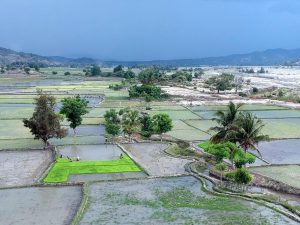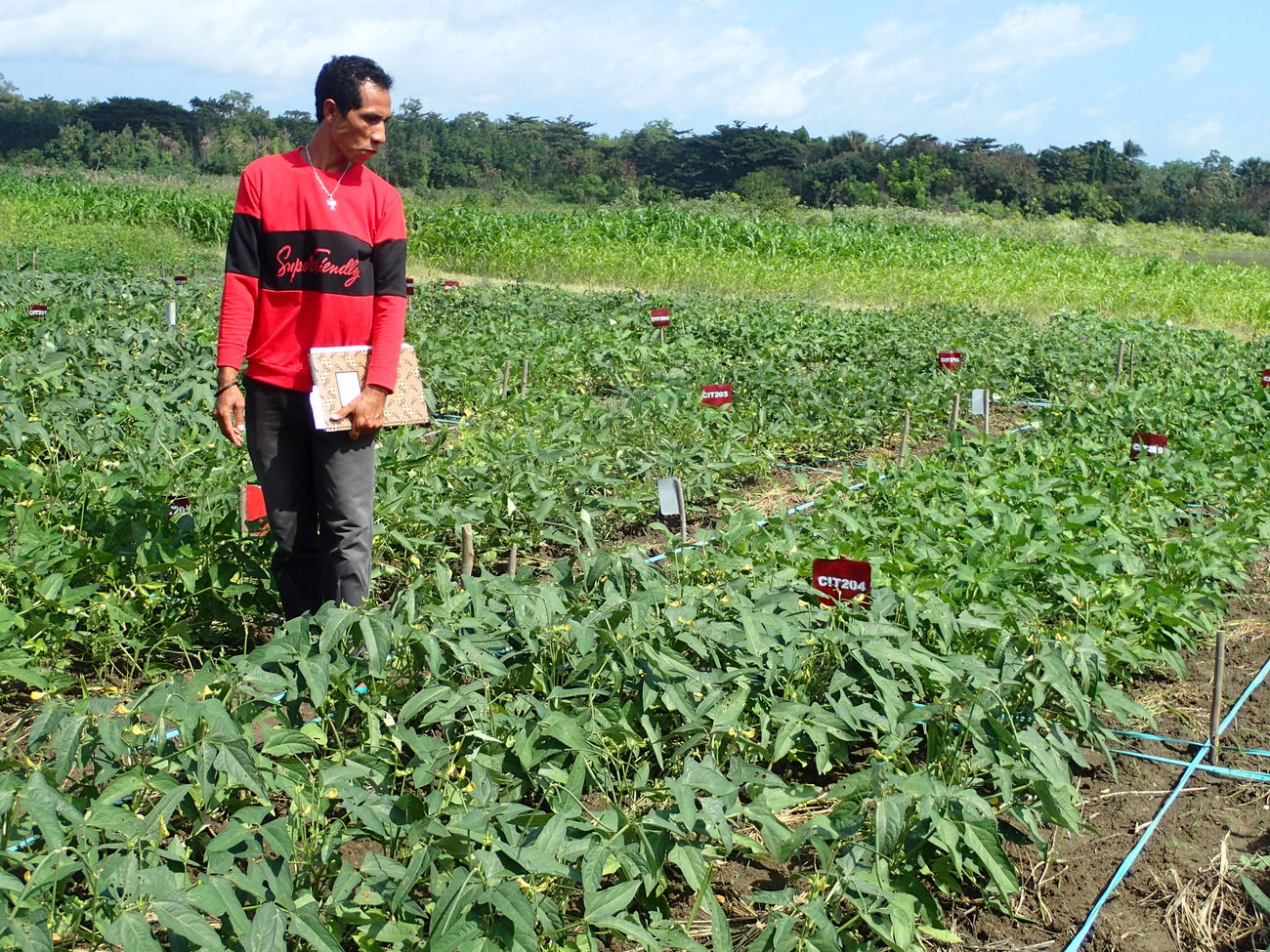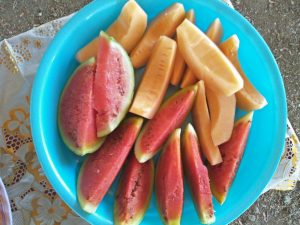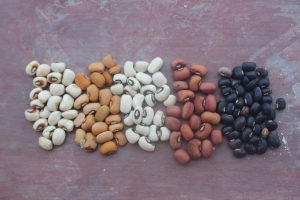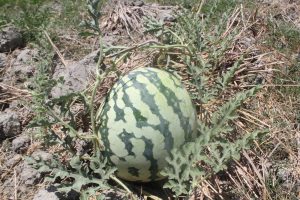In largely rural Timor-Leste, women and young people make up a large proportion of the population. But they aren’t always represented at the country’s highest levels of research, planning and leadership. Now, efforts by AI-Com are taking steps to ensuring women and youth have the skills and opportunities to engage in agriculture research at all levels.
Think of a farmer, and the image that springs to mind is likely an older man, stoic and stern, watching over fields of wheat and barley from the top of a harvester. But in the villages that dot Timor-Leste’s mountains and seaside flats, you’ll see something very different. The United Nations estimates approximately one in three farmers in Timor-Leste is a woman, and with a median age of barely 18 years and 70 per cent of its population aged under 30, Timor-Leste is home to tens of thousands of curious young people, most of whom live in rural areas.
But these women and youth don’t always have access to the opportunities that enable agricultural progress and development.
Now, AI-Com is ensuring women and youth have access to opportunities, offering hundreds of researchers and staff opportunities to grow through training, mentoring and deliberate inclusion.
A five-year project launched in April 2017, AI-Com has in its first 10 months conducted 170 training days, or around three training days per week. Sixty-two women have participated in AI-Com training, representing 35 per cent of all training participants.
Around half of all training provided to participants was formal training, and a third mentoring, including climbing mountains to measuring oil content of sandalwood trees, burning rice hull biochar as a team and identifying problems of growing beans in coastal areas.
Training topics over AI-Com’s first year include training in field observations, sandalwood culture, experimental design, genstat of factorial experiments, APSIM, biochar manufacture, data entry, international conferences, presentation preparation, ODK training, defining research proposal writing, mapping research points and data analysis.
Student researchers from the University of Timor Lorosa’e have benefited from AI-Com training in biochar production, making the organic fertiliser to use in on-farm experiments that boosted crop production by 160 per cent. At their experiment site in Vermasse, Baucau municipality, students said they liked the opportunity to apply their knowledge: “In school we only learn theory, so it’s good to do practical work.”
